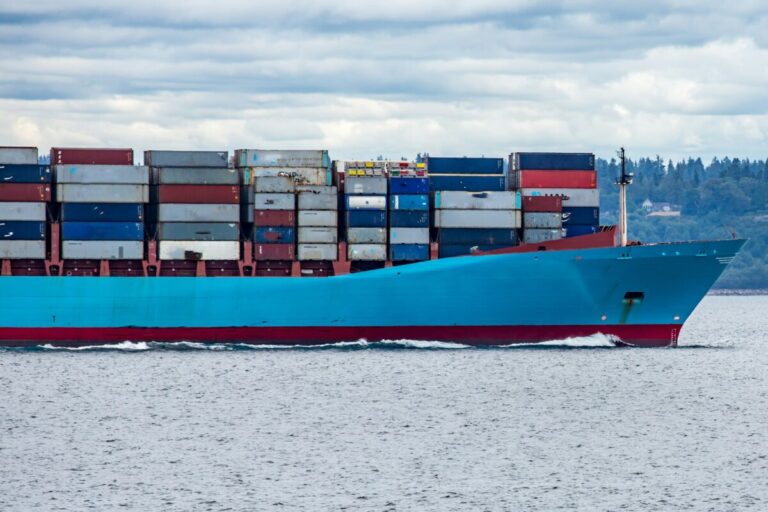The preliminary decision on countervailing duties on cells from companies in Vietnam, Cambodia, Malaysia and Thailand is lower than some expected for a number of major Chinese producers.
The US Department of Commerce has announced a preliminary decision on countervailing duties on solar cells imported by companies in Vietnam, Cambodia, Malaysia and Thailand.
Some rates are much lower than initially thought. For example, Philip Shen, an analyst at Roth Capital Partners, said in a note that he expected tariffs of around 15%.
Commerce reported that the duties would be as follows:
- Vietnam 2.85%
- Cambodia 8.25%
- Malaysia 9.13%
- Thailand 23.06%
Tariffs on imported solar components from these companies had been suspended since 2022 and were set to expire in June 2024. A petition signed by the American Alliance for Solar Manufacturing Trade Committee coalition was filed in late April 2024, and a petition was filed on May 15, 2024. the US International Trade Commission and the Department of Customs announced that an investigation would be launched into suppliers from the four Southeast Asian countries.
Companies that signed the petition include First Solar, Qcells, Meyer Burger, REC Silicon and others who have invested in U.S. solar manufacturing capacity. The petitioners said the US “solar energy manufacturing renaissance” was threatened by heavily subsidized Chinese cells and modules.
“China’s unfair and illegal trade practices have flooded the market with dumped solar panels, undermining US competitiveness,” the group said. According to the online trading platform pvXchange, prices for solar panels have fallen by more than half in the past twelve months to a record low.
If U.S. solar developers sourced 55% of solar products domestically, 900,000 U.S. jobs could be supported by 2035, the petitioners said. They added that ‘onshore’ the solar supply chain would reduce emissions from solar production by 30%.
“This preliminary determination shows that we are still very early in this investigation, and we expect the final determination will reflect the actual harm these imports pose to U.S. manufacturing,” said Tim Brightbill, partner at Wiley Rein and lead counsel for the petitioners. “We are confident that tariffs will rise as the trade continues to investigate new alleged subsidies. We understand that manufacturers in all four countries are still responding to the detailed questionnaires required in these cases and which will influence the final findings.”
The American Alliance for Solar Manufacturing Trade Committee coalition said in a statement that the preliminary determination represents just one aspect of efforts by U.S. companies as they seek to restore fair trade to the U.S. market and spur billions of dollars in investments in new U.S. solar protect energy production. . The next step will be provisional anti-dumping measures, scheduled for the end of November.
Opponents of the move have said that if the Commerce Department were to implement the group’s proposed tariffs, it would result in the United States pay three times the international price for solar panels. ACORE (American Council on Renewable Energy) President and Chief Executive Officer Ray Long said a finding of AD/CVD violation “could inadvertently cede U.S. leadership in the solar industry to other countries.”
A second preliminary decision on the anti-dumping case is expected in November.
This content is copyrighted and may not be reused. If you would like to collaborate with us and reuse some of our content, please contact: editors@pv-magazine.com.


